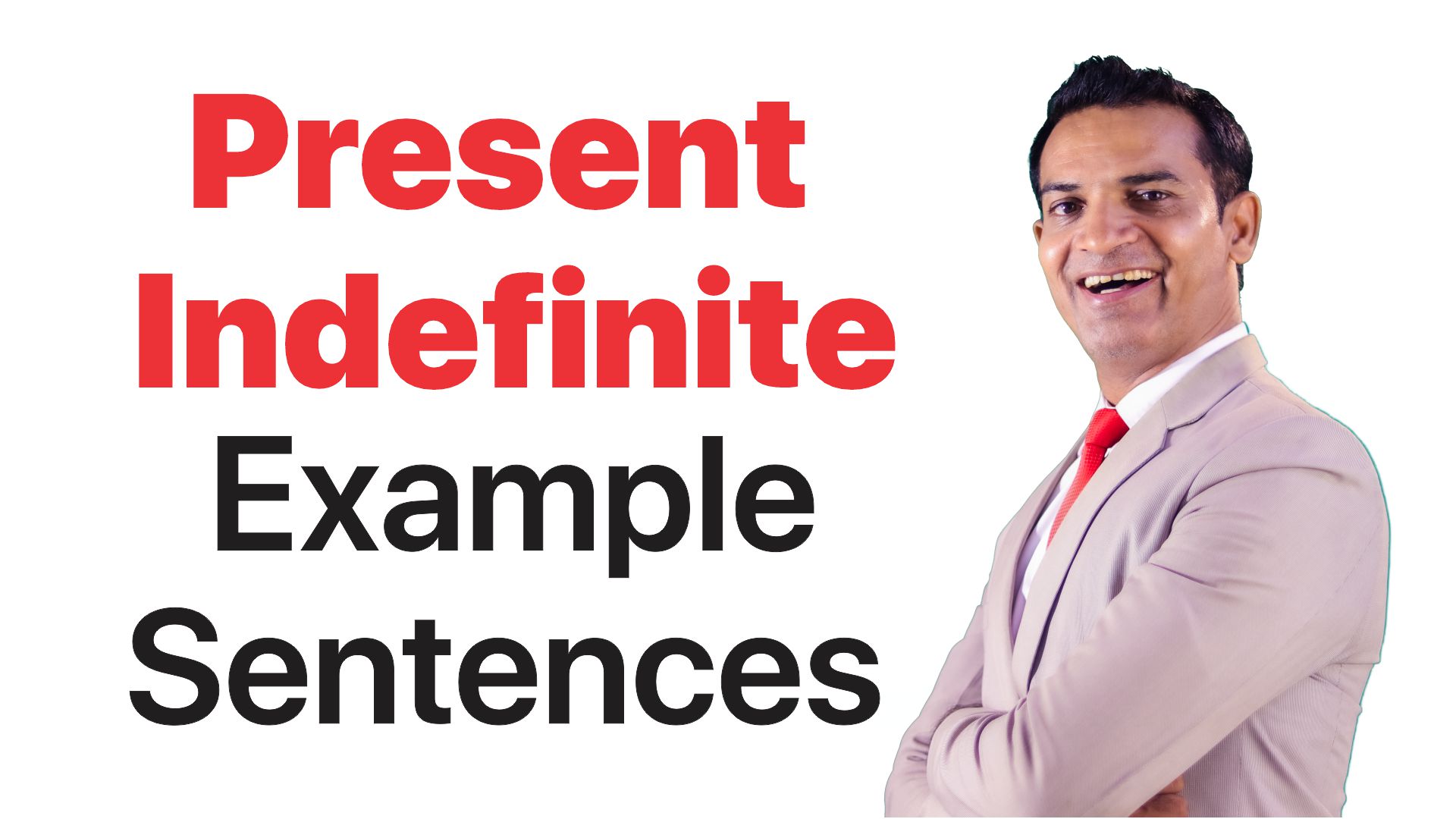Basic English Skills: The Simple Tenses in English

In order to have an in depth understanding of the English language you must familiarize with the English tenses.
Knowledge of the English tenses helps to improve your sentence structure and you fluency in the English language.
Use of the correct English tenses also helps in ensuring there is effective communication as the message passed is placed in the appropriate form.
There are three main tenses used in the description of actions these are;
- Present tense.
- Past Tense.
- Future Tense.
The tenses are used in conjunction with other helping verbs to describe actions, state of things and situations appropriately.
They are divided into simple tense, progressive tense, perfect tense and progressive tense.
The following format will help in illustrating the use of the tenses in describing actions effectively.
|
|
Present |
Future |
Past |
|
Simple |
I play. They play. |
I/She/he/it played. They played. |
I/she/he/it will play. They will play. |
|
Progressive |
She/he/it is playing. I am playing. We are playing. |
I/ she/ he/ it will be playing. They will be playing.
|
I/she/he/it was playing. They were playing. |
|
Perfect |
I have played. She/he/it has played. They have played. |
I/she/he/it will have played. They will have played. |
I/ she/ he/ it had played. They had played. |
|
Progressive |
I/she/he/it has been playing. They have been playing. |
I/she/he/it will be playing. They will have been playing. |
I/she/he/it had been playing. They had been playing. |
This is the most basic tense used in the English language; it describes the state of an action being done in the present.
Present Simple Tense
It can also be used to describe future events or alternatively routine actions done on a day to day basis.
So, its use only extends to the expression of the following events;
- Expression of known facts.
- Things done as part of a habit, hobby or on a routinely basis.
- Expression of things that are certain to occur or non-changing situations.
- Expression of instructions, comments and narrating facts.
Expression of Known facts and acknowledged truths
The present simple tense is used to describe state of facts that are known to be true universally, those believed to be true or those believed not to be true.
It can also be used to talk about facts generally about a person or something. For example;
- Hair grows at averagely six inches in a year (Universal truth).
- It is a large shareholding (Fact).
- The moon circles the earth (Universal truth).
- Cars are better than bicycles (Generalization).
- Addis Ababa is the capital city of Ethiopia (Fact).
- The Ostrich doesn’t fly (Fact).
- The road is too narrow (Generalization).
Things done as part of a habit, hobby or on a routinely basis
The present simple tense is also used in the expression of actions that are done as part of habits, or usual tendencies.
For example;
- The students arrive in school at 8.00 am everyday (Routine).
- I exercise in the local gym every day after work (Hobby).
- Reign always cries when the car makes a loud hooting noise (Tendency).
- They usually cook lasagna every Friday after watching the football game (Routine).
- Michel rarely does the laundry (Tendency).
- The shop owner usually throws the dirt behind his shop (Tendency).
These verbs are usually accompanied by adverbs that give more description about the action being done on a frequent or regular basis.
The adverbs include; mostly, always, usually, rarely, every etc.
Expression of things that are certain to occur or non-changing permanent situations
The present simple tense is also used to describe events, situations or actions that are close to being permanent or are actually permanent.
- I reside in the city.
- They work in the Café Deli.
- She limps because she lost a leg during the war.
- She doesn’t go to the garage any more.
Expression of instructions, comments and narrating facts
The tense can also be used in the simple narration of a story or during the utterance of a joke.
The tense is suitable to be used during narrations because it livens up the story such that the story told looks like it is happening in the present.
It can also be used in commentaries such as when a sports commentator is describing the events of a football game or a rugby game.
It aids in helping the listener mentally visualize the events in the form of the present. For example;
‘The football player throws the ball in the left direction towards his team mate; his team mate’s maneuver through the opposing members enables him to catch the ball and run towards the goal post.’ (Sports commentary).
Invalid YouTube URL
In order to have an in depth understanding of the English language you must familiarize with the English tenses.
Knowledge of the English tenses helps to improve your sentence structure and you fluency in the English language.
Use of the correct English tenses also helps in ensuring there is effective communication as the message passed is placed in the appropriate form.
There are three main tenses used in the description of actions these are;
- Present tense.
- Past Tense.
- Future Tense.
The tenses are used in conjunction with other helping verbs to describe actions, state of things and situations appropriately.
They are divided into simple tense, progressive tense, perfect tense and progressive tense.
The following format will help in illustrating the use of the tenses in describing actions effectively.
|
|
Present |
Future |
Past |
|
Simple |
I play. They play. |
I/She/he/it played. They played. |
I/she/he/it will play. They will play. |
|
Progressive |
She/he/it is playing. I am playing. We are playing. |
I/ she/ he/ it will be playing. They will be playing.
|
I/she/he/it was playing. They were playing. |
|
Perfect |
I have played. She/he/it has played. They have played. |
I/she/he/it will have played. They will have played. |
I/ she/ he/ it had played. They had played. |
|
Progressive |
I/she/he/it has been playing. They have been playing. |
I/she/he/it will be playing. They will have been playing. |
I/she/he/it had been playing. They had been playing. |
This is the most basic tense used in the English language; it describes the state of an action being done in the present.
Present Simple Tense
It can also be used to describe future events or alternatively routine actions done on a day to day basis.
So, its use only extends to the expression of the following events;
- Expression of known facts.
- Things done as part of a habit, hobby or on a routinely basis.
- Expression of things that are certain to occur or non-changing situations.
- Expression of instructions, comments and narrating facts.
Expression of Known facts and acknowledged truths
The present simple tense is used to describe state of facts that are known to be true universally, those believed to be true or those believed not to be true.
It can also be used to talk about facts generally about a person or something. For example;
- Hair grows at averagely six inches in a year (Universal truth).
- It is a large shareholding (Fact).
- The moon circles the earth (Universal truth).
- Cars are better than bicycles (Generalization).
- Addis Ababa is the capital city of Ethiopia (Fact).
- The Ostrich doesn’t fly (Fact).
- The road is too narrow (Generalization).
Things done as part of a habit, hobby or on a routinely basis
The present simple tense is also used in the expression of actions that are done as part of habits, or usual tendencies.
For example;
- The students arrive in school at 8.00 am everyday (Routine).
- I exercise in the local gym every day after work (Hobby).
- Reign always cries when the car makes a loud hooting noise (Tendency).
- They usually cook lasagna every Friday after watching the football game (Routine).
- Michel rarely does the laundry (Tendency).
- The shop owner usually throws the dirt behind his shop (Tendency).
These verbs are usually accompanied by adverbs that give more description about the action being done on a frequent or regular basis.
The adverbs include; mostly, always, usually, rarely, every etc.
Expression of things that are certain to occur or non-changing permanent situations
The present simple tense is also used to describe events, situations or actions that are close to being permanent or are actually permanent.
- I reside in the city.
- They work in the Café Deli.
- She limps because she lost a leg during the war.
- She doesn’t go to the garage any more.
Expression of instructions, comments and narrating facts
The tense can also be used in the simple narration of a story or during the utterance of a joke.
The tense is suitable to be used during narrations because it livens up the story such that the story told looks like it is happening in the present.
It can also be used in commentaries such as when a sports commentator is describing the events of a football game or a rugby game.
It aids in helping the listener mentally visualize the events in the form of the present. For example;
‘The football player throws the ball in the left direction towards his team mate; his team mate’s maneuver through the opposing members enables him to catch the ball and run towards the goal post.’ (Sports commentary).
0Comments
Like
Comment
Send
Top Rated Courses
Test Your Skill Set

Do you want to check how much tellented you are? Test your skill here and get certificate.





























 Instagram
Instagram
Comments